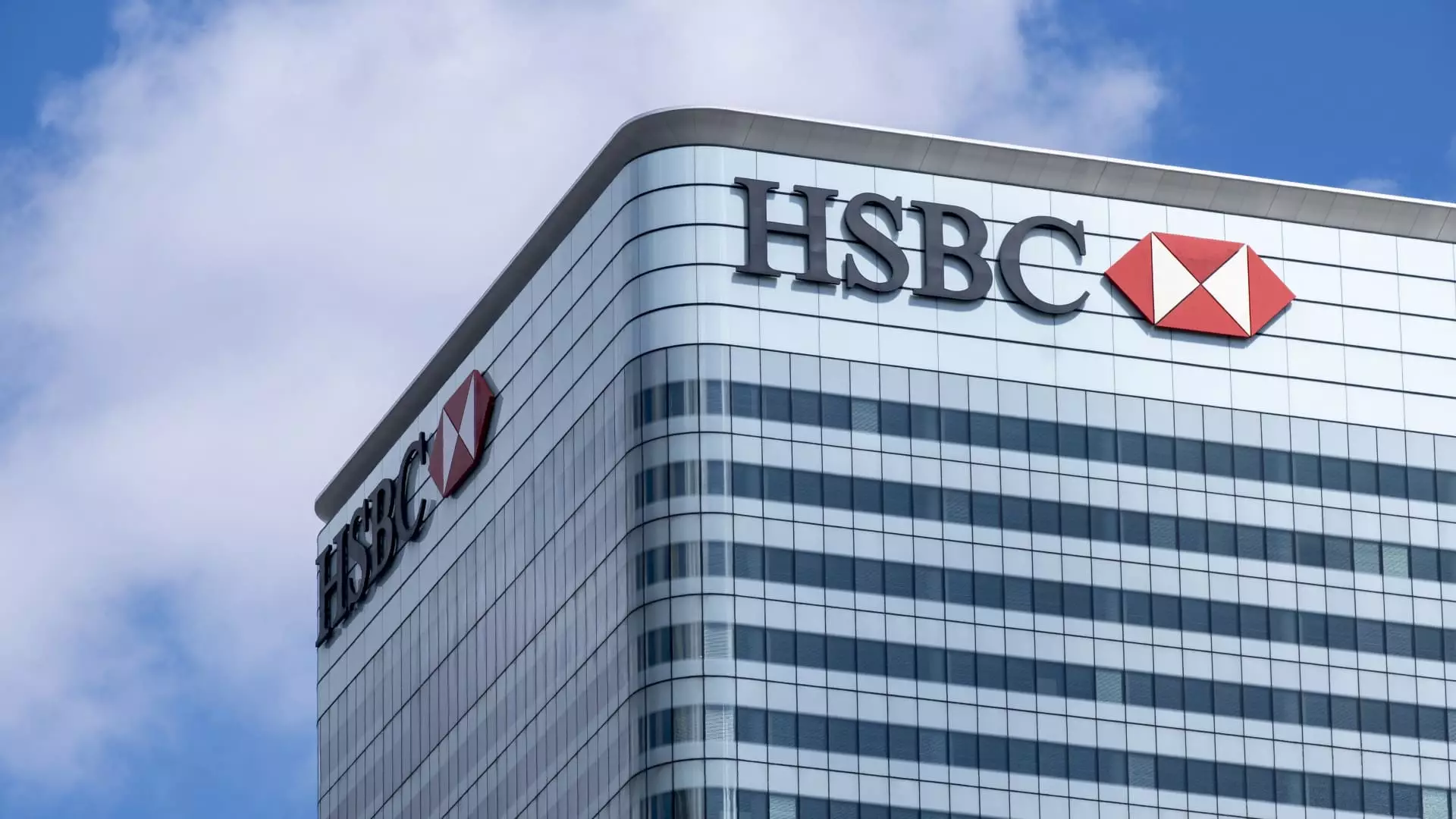In a notable financial disclosure Tuesday, HSBC Holdings, recognized as Europe’s leading banking institution, revealed a robust set of third-quarter earnings that surpassed analyst predictions. The bank reported a pre-tax profit of $8.5 billion against expectations of $8 billion, showcasing a significant 10% increase compared to $7.71 billion during the same quarter last year. The revenue figures showcased similar strength, climbing to $17 billion—well above the anticipated $16.2 billion. This performance illustrates HSBC’s ability to capitalize on favorable market conditions and strong revenue streams, particularly from its wealth and personal banking divisions.
In terms of profitability, the bank’s profit after tax stood at $6.7 billion, surpassing the previous year’s figure by $500 million. This uptick in earnings can largely be attributed to strategic decisions made earlier in the year, which have begun to pay dividends, emphasizing effective management and a focus on key growth areas within the bank’s portfolio. Furthermore, the basic earnings per share also reflected positive growth, rising from 29 cents to 34 cents year-over-year, spotlighting the overall resilience of the corporation despite a fluctuating economic landscape.
In tandem with its favorable earnings report, HSBC also announced a $3 billion share repurchase initiative, with 2023’s total buyback amount already reaching an exceptional $9 billion following similar announcements in the earlier quarters. Such maneuvers not only reinforce shareholder confidence but also indicate the bank’s commitment to returning value to investors amid a backdrop of solid performance metrics. Alongside this buyback, HSBC’s board of directors has approved a third interim dividend of $0.1 per share, enhancing its appeal to dividend-seeking investors.
However, it’s crucial to consider that while the bank’s profitability is commendable, there’s a slight deterioration in the net interest margin, which fell to 1.46%, lower than 1.70% from the previous year and falling short of analyst projections of 1.56%. This point of concern may warrant attention as it could point to tightening yields, potentially slowing revenue growth in future quarters.
Concurrently, HSBC is embarking on a significant organizational restructuring aimed at enhancing operational efficiency and agility. The bank plans to reorganize into four distinct business units: Hong Kong, U.K., International Wealth and Premier Banking, and Corporate and Institutional Banking. This strategic shift not only highlights a proactive response to a competitive banking environment but also seeks to eliminate redundancies that may have hampered decision-making processes. From this perspective, HSBC’s appointment of its first female chief financial officer signals a progressive change within the organization, reflecting broader diversity metrics that are increasingly important in modern corporate governance.
The impending changes, set to activate in January, are expected to foster a streamlined approach and potentially bolster HSBC’s competitive edge in both established and emerging markets. As CEO Georges Elhedery posits, the restructuring is poised to create a simpler, more dynamic organizational framework that should position HSBC favorably for continued growth and agility in the rapidly evolving financial landscape.
While HSBC’s recent performance underscores its strong market presence, the combination of proactive financial strategies and an agile restructuring plan will ultimately determine its future trajectory amidst an unpredictable global economy.

